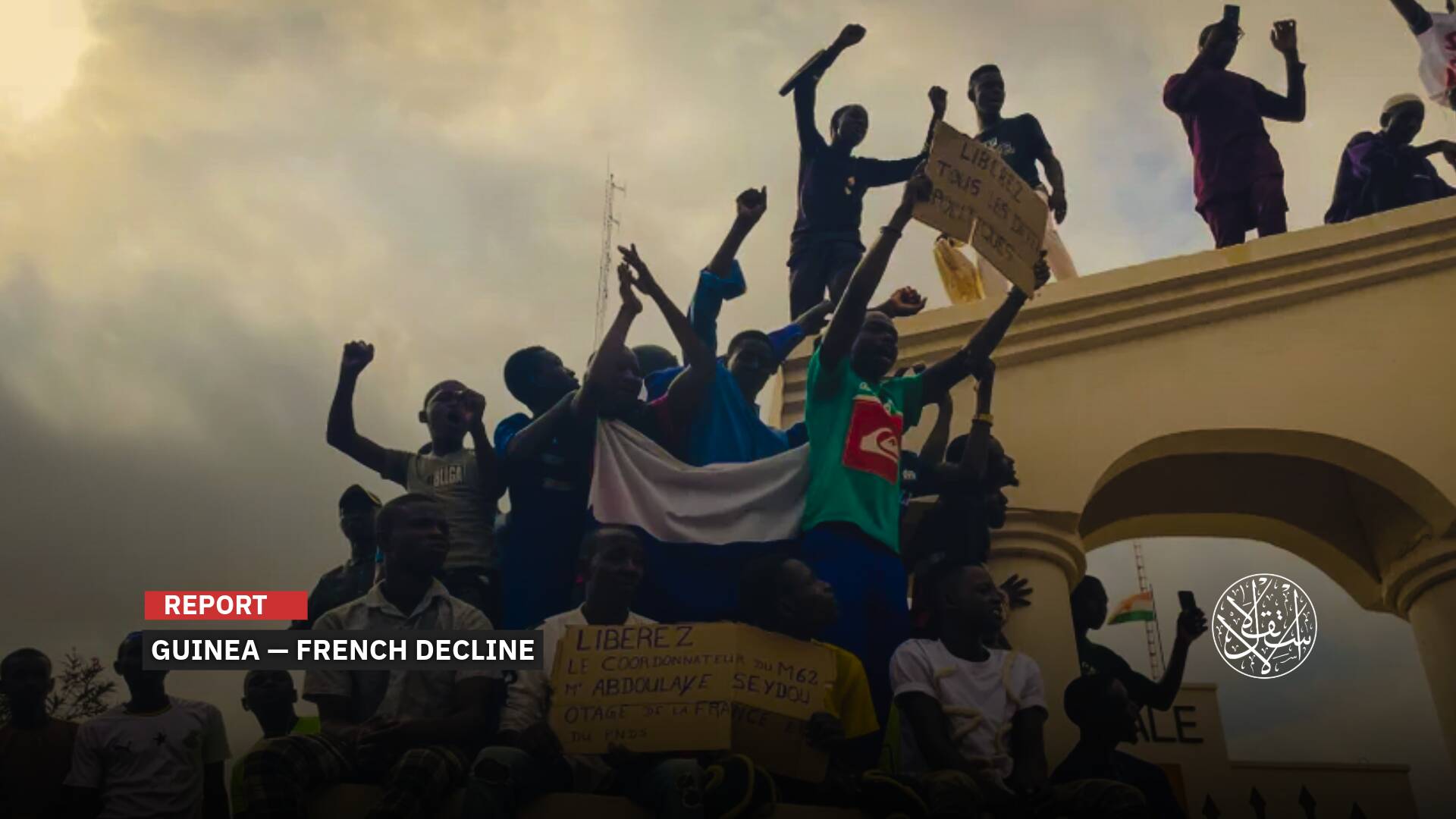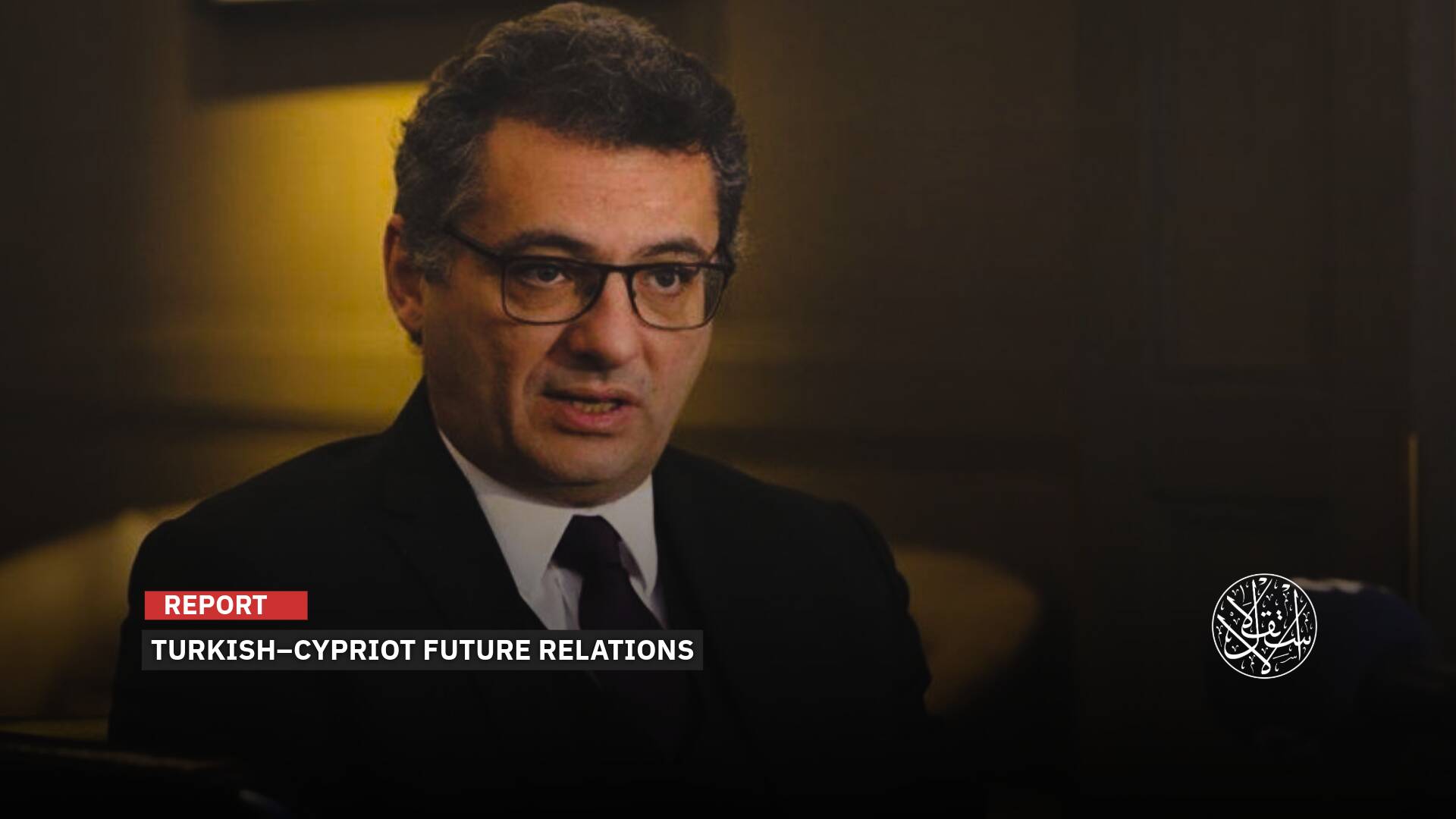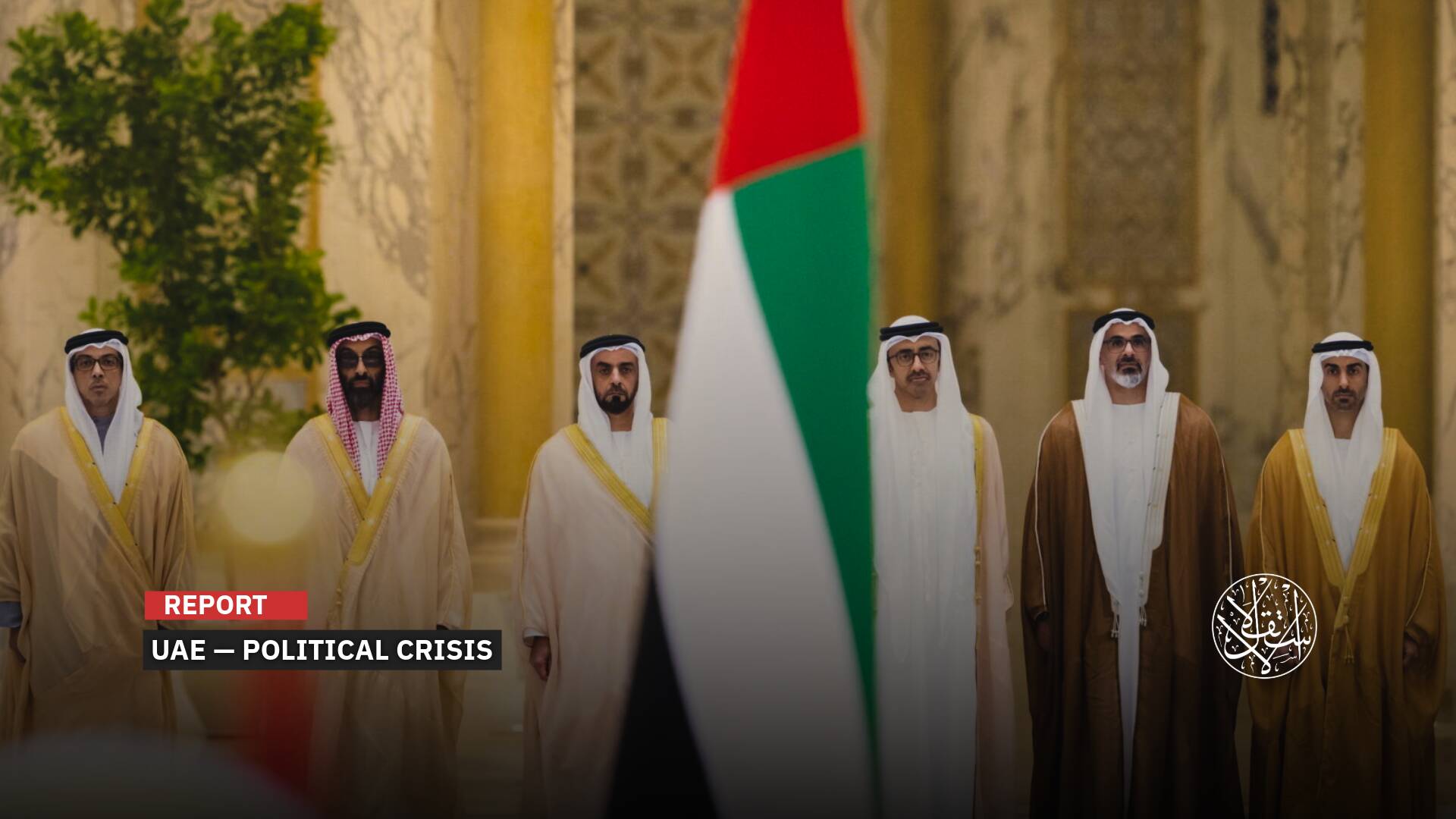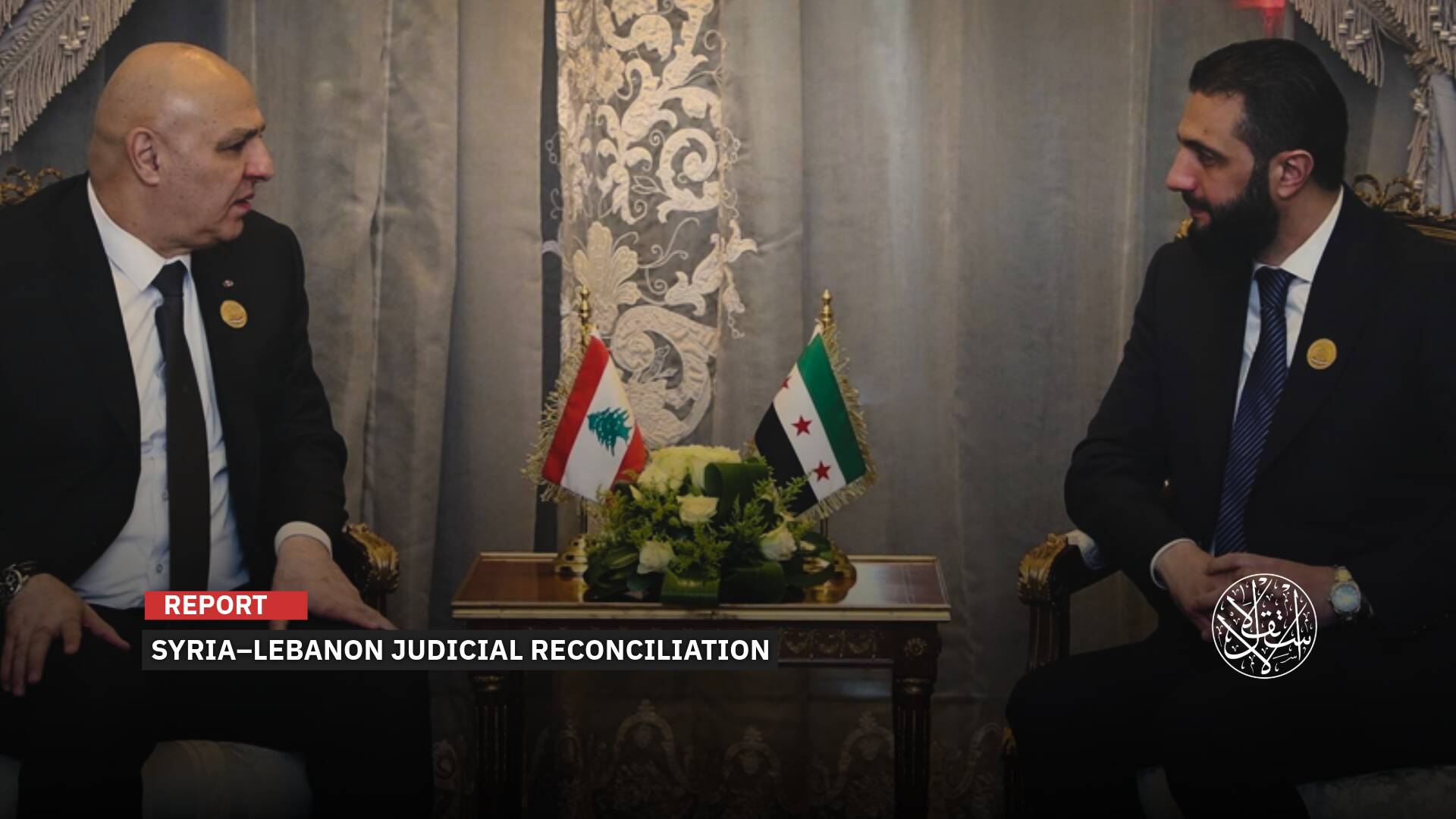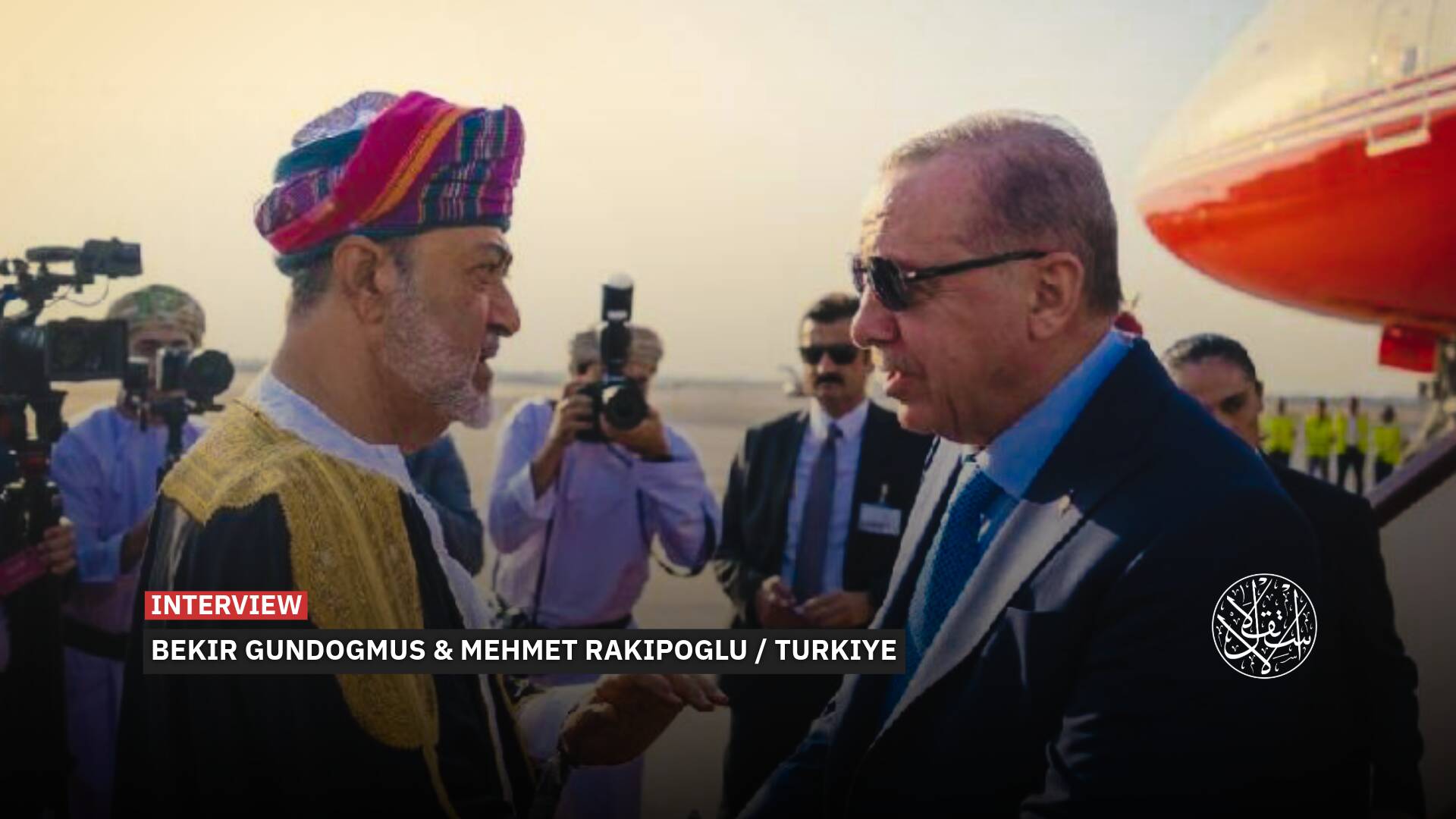The Great Illusion: Tunisia's Elections and the Dictator's Encore?

Saied outperformed most of the candidates and competed against himself.
The revelations surrounding the Tunisian presidential elections have shed light on a troubling extent of electoral fraud. President Kais Saied emerged victorious, surpassing even the notorious Zine el Abidine Ben Ali, the ousted Tunisian dictator.
In the shadowy days of dictatorship, Ben Ali claimed a staggering 89.6% of the vote on October 25, 2009. In contrast, during what was supposed to be a new era marked by the Arab Spring and the promise of free elections, Saied has declared a remarkable 91% victory—outstripping his predecessor's dubious record.
Foreign media have been swift to denounce what they describe as the “manipulation of the elections,” highlighting the absurdity of the outcome and mourning the apparent collapse of the Arab Spring. The resurgence of authoritarianism raises dire concerns about the specter of renewed repression, rampant corruption, economic malaise, and an increasingly restless citizenry.
On October 11, 2024, the Independent High Authority for Elections in Tunisia formally announced Saied's re-election, noting the absence of any legal challenges within the mandated time frame following the polls held just days earlier.
After Saied effectively sidelined most contenders, this outcome reduced the electoral process to a predictable farce in which he found himself competing solely against his own shadow.
‘The Engineering of Fraud’
Among the most critical voices in the West regarding the fraudulent elections was the British Guardian, which went so far as to call for Western intervention to condemn and punish the Tunisian dictator, urging an end to financial support in exchange for managing migration flows.
The Guardian had forecasted the electoral manipulation early on, starting on October 5, 2024, that "the dreams of the Arab Spring are fading," as the elections unfolded "under repression," with "Kais Saied having seized control of the country's institutions, which are increasingly subjected to his will."
It pointed out that the presidential elections were held against a backdrop of a crackdown on opposition, human rights abuses, and attacks on illegal migrants attempting to cross the Mediterranean to Europe.
The Guardian contended that Saied’s victory, secured while his most vocal critics remained behind bars, represents “a significant step back for a country that long prided itself as the birthplace of the Arab spring uprisings of 2011.”
Quoting Sarah Yerkes, a researcher at the Carnegie Endowment for International Peace, the Guardian noted that "by manipulating the 2024 presidential election, Saied has put one more nail in the coffin of Tunisia’s democratic transition."
The report detailed the trial, condemnation, or detention of at least nine presidential candidates since the electoral period commenced on July 14, 2024, as highlighted by Bassam Khawaja, deputy executive director for the Middle East and North Africa at Human Rights Watch.
The Guardian also reported that the current Tunisian parliament—formed under the watchful eye of the authorities and devoid of opposition—overwhelmingly voted in late September 2024 to strip the courts of the power to annul decisions made by the electoral authority.
This move was a direct response to the Administrative Court’s ruling, which annulled the Independent High Authority for Elections' decisions—whose members were appointed by Saied—to disqualify three presidential candidates, ultimately allowing them to run against the president.

The Guardian asserted that Saied’s pursuit of an authoritarian agenda coincided with deteriorating economic conditions in Tunisia, rising unemployment, increasing inflation, and a sluggish economic recovery since he took office in 2023, according to the World Bank.
Like many Arab autocrats before him, Saied accused civil society and opposition groups that criticize his regime of being "traitors, agents, and puppets of foreign powers."
He also alleged that opposition party members and judges were acting on behalf of unnamed foreign interests, as reported by the Guardian.
The New York Times noted on October 7, 2024, that the Tunisian president had achieved a hollow victory he had orchestrated himself, urging the international community to reject his legitimacy.
This outcome followed Saied's sidelining of most competitors, the arrest of his main rival on trumped-up charges of electoral fraud—allegations supported by human rights organizations—along with barring other candidates from running and ignoring a court ruling that reinstated three disqualified candidates.
The New York Times lamented that these elections recalled the era of dictator Zine El Abidine Ben Ali, who ruled Tunisia from 1987 until his ousting in 2011.
It mocked Saied’s prior role as a constitutional law lecturer before his election, his establishment of a one-man rule in July 2021, and the dismantling of Tunisia’s democratic achievements.
Before the elections, the Wall Street Journal had warned on September 13, 2024, that the presidential race in Tunisia would test the sole democracy to emerge from the Arab Spring.
As the situation deteriorated with Saied's opponents being imprisoned and sidelined, the paper began to voice its concerns about the implications of this "test."
Reflecting on the popular uprisings of 2011, the newspaper noted that, “the 2011 uprising sparked the Arab Spring and resulted in broader freedom of expression and democratic elections in Tunisia.”
While Tunisia once stood as the sole democratic success story to emerge from the Arab Spring, it has now faltered under the weight of fraudulent elections and Saied’s orchestrated victory.
Dr. Serag el-Hegazi, a lecturer in Peace and International Development Studies at the University of Bradford, mourned that "Tunisia’s young democracy flounders as its president wins a second term" in an article for The Conversation on October 11, 2024.
He shared that during his visit to Tunisia in July 2024, conversations were steeped in pessimism about the nation’s future.
Journalists, lawyers, and members of NGOs expressed to him that "the country has slowly returned to a dictatorship."
Many Tunisians voiced their frustration over widespread nepotism and favoritism, which hindered efforts to address high unemployment and rising public debt.
He lamented the "loss of Tunisia," a nation once heralded for its uprising against corruption, poverty, and political oppression in 2011, inspiring others across the Arab world.
In 2019, Tunisia scored a mere 43 out of 100 on Transparency International’s Corruption Perceptions Index, a figure that obstructs economic growth and stability.
Saied exploited this reality to consolidate power, all under the guise of implementing economic reforms and vowing to eradicate corrupt political elites.
This approach initially garnered him some support among a populace weary of slow progress, before his dictatorial tendencies became all too evident, according to the article in The Conversation.
‘The Final Nail’
On October 8, 2024, the British outlet Middle East Eye described Kais Saied’s overwhelming victory as one that "evoked ridicule," noting that the results of the elections were met with skepticism by Tunisians, many of whom abstained from voting in record numbers.
The site reported widespread discontent among Tunisians on social media, with many expressing that the results harked back to the dictatorship under Ben Ali.
Observers voiced concerns over the possibility of "new waves of repression" following Saied's victory, as warned by Michael Ayari, a specialist in Tunisian affairs at the International Crisis Group, who predicted a heightened risk of internal crackdowns and “political polarization that could lead to violence.”
Ziad al-Hashemi, a member of the Tunisian parliament that Saied dissolved, reflected on commentary from various global newspapers, particularly those from Asia, regarding the electoral farce.
He cited the Chinese newspaper China Daily, which noted that the fraudulent elections in Tunisia had become a source of amusement for social media users.
Meanwhile, the Times of India mocked Saied for winning as the sole candidate in the rigged elections, while Japan's Asahi Shimbun labeled the Tunisian elections with the phrases "fraud and mockery."
Pakistan's Dawn derided the country’s ability to organize a sham election, and Turkey’s Zaman deemed the elections fraudulent even before the results were announced.
In 2021, Saied suspended parliament and dismissed the prime minister.
The following year, he conducted a manipulated referendum to amend the constitution, thereby granting himself sweeping powers, including the authority to appoint judges and the seven members of the Independent High Authority for Elections by presidential decree, and to dismiss them at will.
More than 12 leaders from the main opposition party, Ennahda, including its leader and former parliament speaker, Rached Ghannouchi, were arrested, along with 200 party members, before the presidential elections.
Before the elections, Foreign Policy magazine warned on October 2, 2024, that "Kais Saied is driving the final nail into the coffin of the last success story of Arab Spring democracy."
The presidential elections held on October 6 were described as a "one-man show," with Saied competing against himself after imprisoning 12 candidates who sought to run against him, extinguishing hopes for change.
The New York Times echoed this sentiment on October 7, asserting that Saied’s landslide re-election is “the latest sign that authoritarianism has returned to the birthplace of the Arab Spring.”
The French newspaper Le Monde reported that "A return to dictatorship” seems unending in Tunisia, marking a stunning setback to the democratic transition achieved in 2011.
In an editorial dated October 4, 2024, the paper described the presidential elections as a new phase in Saied’s reckless pursuit of consolidating his personal power, stifling media and civil society.
It accused the Tunisian president of justifying his escalated repression by "foreign interference(…) conspirators” a common refrain among dictators.
Tunisian journalist Amine Snoussi commented, "Curtain falls on Tunisian democracy” asserting that the farcical electoral process has extinguished hopes for genuine political reform and returned the nation to the shadows of authoritarian rule.
Activist Mohamed Ali Azaiez remarked, "With this result, Tunisia has now officially fallen into the ranks of dictatorial regimes. The thin facade of democracy has been ripped away, exposing the harsh reality of authoritarian rule.”
Ahead of the elections, American lawmakers urged President Joe Biden’s administration to suspend aid to Tunisia until democracy is restored, condemning the elections as "fraudulent and absurd."
Republican Senator Wilson Joe, chair of the House Subcommittee on the Middle East, called for a halt to assistance to Tunisia until democracy and the rule of law are regained.
Senator Chris Murphy also called for a reduction in aid to Tunisia in April 2024 due to repressive practices.
In 2024, the U.S. government requested $68.3 million in its budget for the State Department as bilateral aid for Tunisia.
It was revealed that 78% of this amount would be allocated for security assistance, while only $14.5 million was earmarked for economic aid.
Western Complicity
Amid this farcical spectacle, many are reminded of the European Union’s support for Saied’s regime under the guise of combating migration.
On September 20, 2024, the EU finalized a controversial deal worth €105 million with Tunisia, effectively appointing it as a gatekeeper to curb irregular migration to Europe.
This agreement came despite ongoing human rights violations, repression, and the imprisonment of opposition figures, particularly from the Ennahda party, which had previously secured a parliamentary majority in free elections.
A scandal uncovered by an investigative report from The Guardian on September 19, 2024, revealed that this deal financed security units implicated in widespread sexual violence against migrant women traversing Tunisian territory.
British lawyer Rodney Dixon KC submitted a memorandum to the International Criminal Court detailing allegations of abuse against migrants, asserting that members of the Tunisian National Guard have been sexually assaulting women and beating children.
On October 11, 2024, The Guardian confirmed that the EU would be unable to recover any of the €150 million disbursed to Tunisia, despite these funds contributing to human rights violations and being directed toward security forces that have assaulted migrant women.
The report clarified that there is no mechanism in place to reclaim these funds should they be linked to serious human rights abuses, even though EU funding regulations stipulate that money should be spent in a manner that respects fundamental rights.
The British newspaper warned that Saied’s re-election, coupled with his history of racist remarks towards migrants from sub-Saharan Africa, "raises concerns that it could lead to new abuses by his security forces."
The EU’s "Complaints and Grievances" site confirmed in April 2024 that the Commissioner for Human Rights within the Brussels bloc is investigating the respect for fundamental rights in the agreement and whether measures exist to suspend EU funding if human rights violations are identified, although such actions are fraught with difficulty.
In light of European support for dictator Kais Saied and the oversight of human rights abuses in exchange for his role in preventing migration to Europe, a revolt has emerged among European lawmakers.

An internal document leaked from the EU’s diplomatic service on September 13, 2024, expressed concerns about the EU’s credibility being compromised by attempts to address migration issues through payments to repressive regimes.
Senior members of the European Parliament accused the European Commission in early 2024 of "funding dictators," viewing the €150 million allocated to Tunisia as a form of support for Saied and his "authoritarian turn."
In mid-September 2024, members of the European Parliament (from the Human Rights, Justice, and Foreign Affairs committees) launched a scathing attack on the EU for its support of Arab dictatorships.
They expressed alarm at reports suggesting that Commission President Ursula von der Leyen would finalize a similar deal with Egyptian dictator Abdel Fattah el-Sisi, amounting to €7.4 billion (approximately £6.3 billion), "most of which would be in the form of loans," in exchange for the country’s "commitment to more rigorous efforts regarding migration" (the agreement was already signed in March 2024).
On October 2, 2024, Foreign Policy reported that Italy’s extreme fascist government has ignored the actions of the Tunisian dictator, opting instead to extend a package of aid to support his regime in exchange for his violent crackdown on migrants approaching its shores.
A report from the UN Refugee Agency revealed that due to Italian bribes and silence regarding repression, Saied’s regime has successfully reduced the number of arrivals to Italy from Tunisia by 82% since the beginning of 2024.
Consequently, on October 3, 2024, Le Monde labeled Kais Saied "Europe's brutal border guard."
Some Tunisian social media users condemned the West's role in the country's authoritarian drift, particularly targeting the EU for its alleged complicity in Saied’s illiberal turn in exchange for his cooperation in curbing migration to Europe.
In response to the electoral fraud, the EU issued a statement merely noting that it had "taken note" of the criticisms from various NGOs and opposition groups regarding the integrity of the electoral process and the various measures considered detrimental to the democratic requirements of voting.


